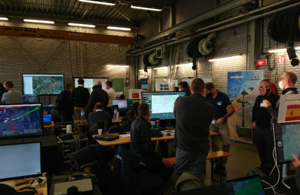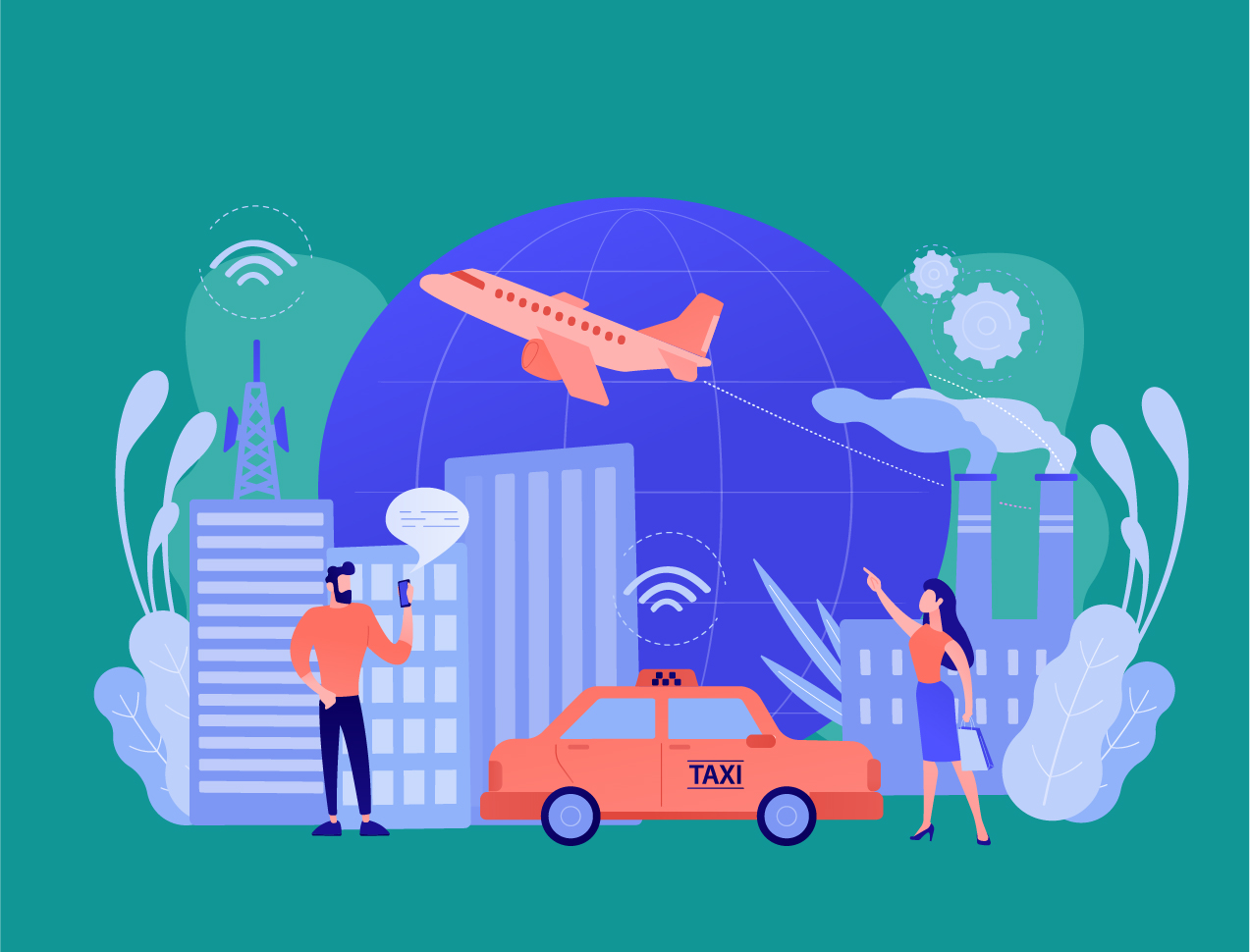What if your traffic signal responds to real-time road traffic data and regulate the lights accordingly? It might ease the traffic flow and reduce emissions. A new pilot program initiated by the City of Long Beach promises precisely this.
Long Beach is a city in Southern California, in Los Angeles County’s southern part. The 10-month long project is expected to be operational by the end of the year will test the ability of traffic lights to respond to traffic patterns in real-time. It would help reduce the street congestion and improve the air quality of Long Beach.
Codenamed Project X, the city of Long Beach and the Los Angeles-based technology company Xtelligent has collaborated with Mercedes Benz to deploy a fleet of up to 50 smart vehicles and artificial intelligence-driven software in the city. The cars and software will communicate with each other to provide real-time data to traffic signals.
“We’re expecting intelligent vehicles and connected traffic signals to become industry standard in the next few years,” said Ryan Kurtzman, Long Beach’s smart cities program manager. “We’re getting a sneak peek.”
The onboard navigation systems installed in the cars will share location data with city infrastructure, allowing Xtelligent’s software to measure congestion and even calculate emissions based on vehicle type and its movements.
According to a Mercedes Benz representative, they will anonymise the data, preventing anyone in possession of the data from following any individual car’s movements.
When high congestion is an issue, like around a car crash or during school drop-off and pickup times, customised red and green periods at specific intersections could make traffic flow more smoothly, said Michael Lim, co-founder of Xtelligent.
In areas that suffer from high pollution, such as major transit and transportation corridors, adaptive traffic signalling could reduce the time cars spend idling at red lights. Argonne National Laboratory projected roughly 15% emissions savings due to traffic optimisation using the company’s technology.
In the long run, the technology could even allow the city to prioritise carpools or buses, similar to a high occupancy vehicle or bus lane, creating incentives for environmentally-friendly travel, according to Kurtzman.
Source: https://lbbusinessjournal.com/traffic-signal-pilot-program-uses-artificial-intelligence-to-ease-pollution-congestion-in-long-beach






Comments